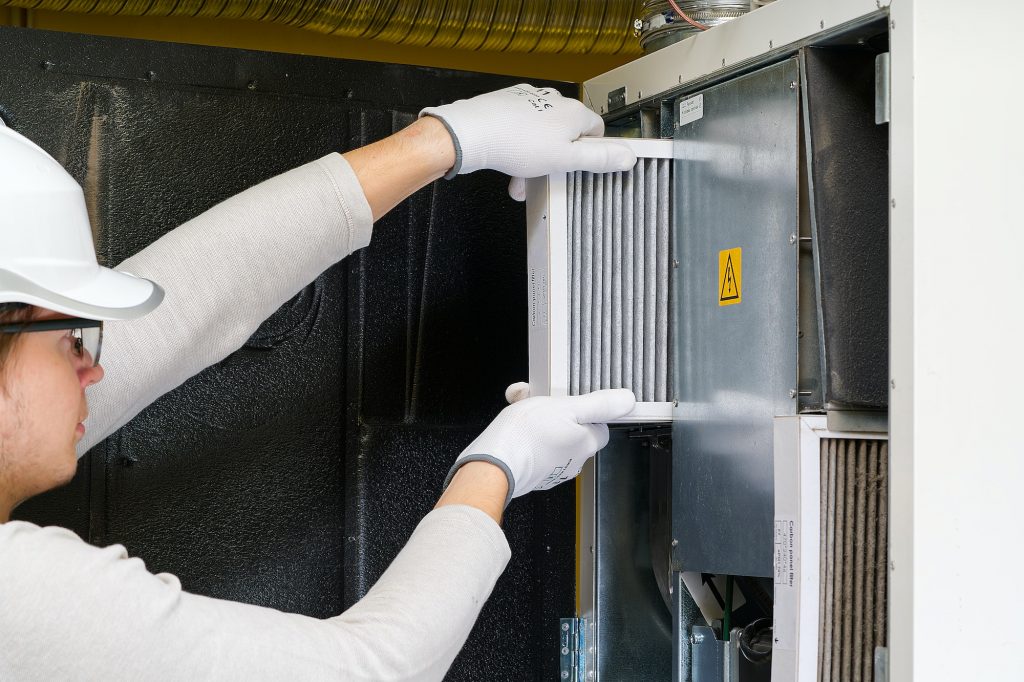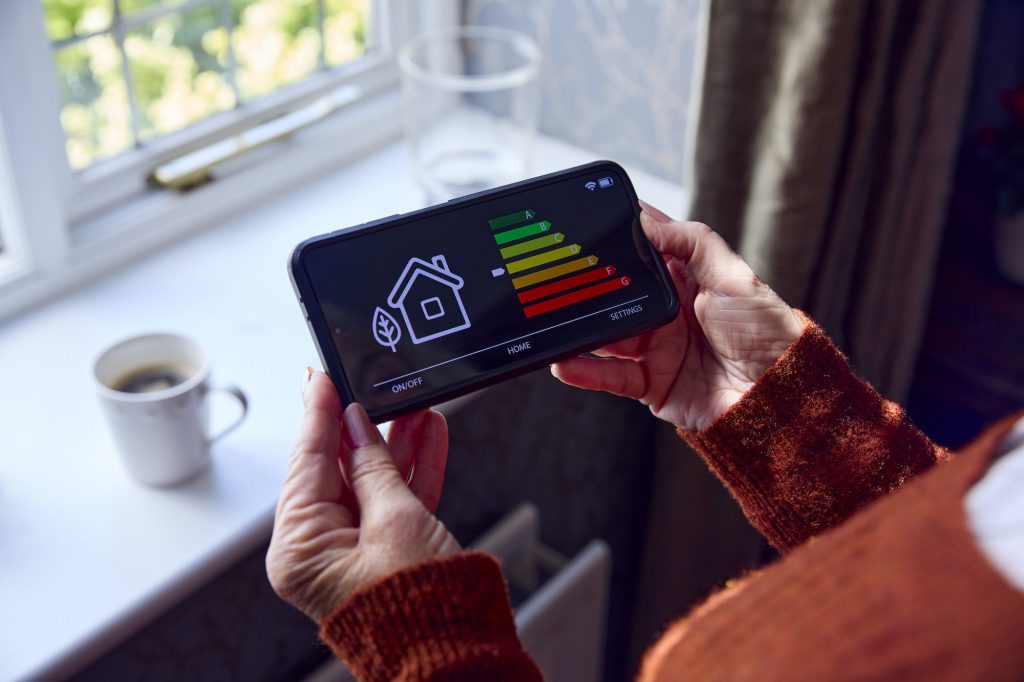
Drain water heat recovery (DWHR) systems are a cost-effective and energy-efficient solution for reducing the amount of energy needed to heat water in your home. By using the waste heat from your drains to preheat the incoming cold water, DWHR systems can significantly lower your water heating costs and reduce your carbon footprint.
How DWHR Systems Work
DWHR systems are typically installed in homes with a central hot water system, such as a tank or tankless water heater. The system works by capturing the heat from the warm wastewater as it leaves your home and using it to preheat the cold water entering the hot water system.
The process begins when the warm wastewater from your sinks, showers, and appliances flows into the DWHR unit. The unit then uses a heat exchanger to transfer the heat from the wastewater to the incoming cold water. The preheated water is then sent to the hot water system, where it is further heated as needed.
Drain water heat recovery (DWHR) systems are a cost-effective and energy-efficient solution for reducing the amount of energy needed to heat water in your home. By using the waste heat from your drains to preheat the incoming cold water, DWHR systems can significantly lower your water heating costs and reduce your carbon footprint.
How DWHR Systems Work
DWHR systems are typically installed in homes with a central hot water system, such as a tank or tankless water heater. The system works by capturing the heat from the warm wastewater as it leaves your home and using it to preheat the cold water entering the hot water system.
The process begins when the warm wastewater from your sinks, showers, and appliances flows into the DWHR unit. The unit then uses a heat exchanger to transfer the heat from the wastewater to the incoming cold water. The preheated water is then sent to the hot water system, where it is further heated as needed.
Benefits of DWHR Systems
Significant energy savings: DWHR systems can reduce your water heating costs by up to 30%.
Environmentally friendly: DWHR systems reduce the amount of energy needed to heat water, which in turn reduces your carbon footprint.
Easy to install: DWHR systems can be easily retrofitted to most existing homes.
Low maintenance: DWHR systems require very little maintenance and have a long lifespan.
Types of DWHR Systems
There are several different types of DWHR systems available on the market, each with their own unique features and benefits. Some of the most common types include:
Inline DWHR systems: These systems are installed directly in the drain line and are typically the most compact and cost-effective option.
Heat-recovery ventilator (HRV) DWHR systems: These systems are designed to be used in conjunction with a HRV and can provide both water and space heating.
Central DWHR systems: These systems are installed in a central location, such as a utility room, and are used to preheat water for an entire home or building.
Choosing the Right DWHR System
When choosing a DWHR system, there are several factors to consider, including:
The size of your home or building: Larger homes or buildings will require a larger DWHR system to meet their hot water needs.
The type of hot water system you have: Some DWHR systems are designed to work with specific types of hot water systems, such as tankless water heaters.
Your budget: DWHR systems can vary greatly in price, so it’s important to choose a system that fits within your budget.
Installation and Maintenance
DWHR systems are relatively easy to install and require very little maintenance. Many systems can be installed by a qualified plumber or HVAC technician, and once installed, they require only occasional cleaning to remove any buildup of debris.
Conclusion
DWHR systems are a cost-effective and energy-efficient solution for reducing the amount of energy needed to heat water in your home. By using the waste heat from your drains to preheat the incoming cold water, DWHR systems can significantly lower your water heating costs and reduce your carbon footprint. There are several different types of DWHR systems available on the market, each with their own unique features and benefits.When choosing a DWHR system, it’s important to consider factors such as the size of your home, the type of hot water system you have, and your budget. With proper installation and maintenance, DWHR systems can provide years of energy savings and environmental benefits.







